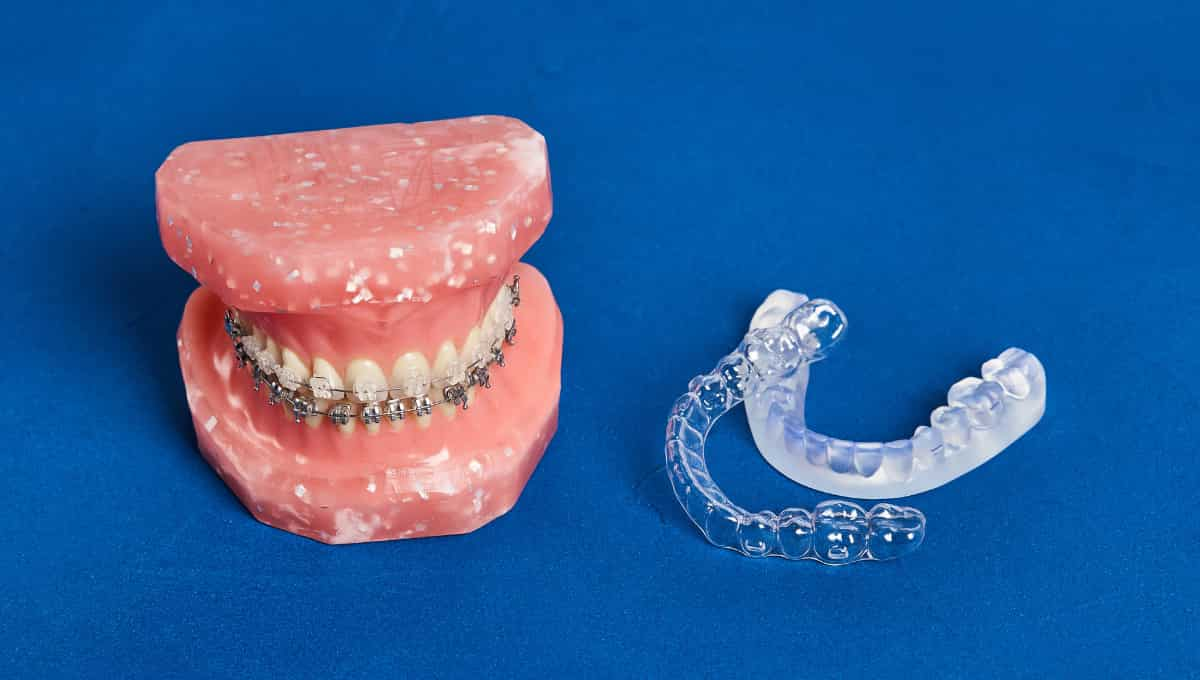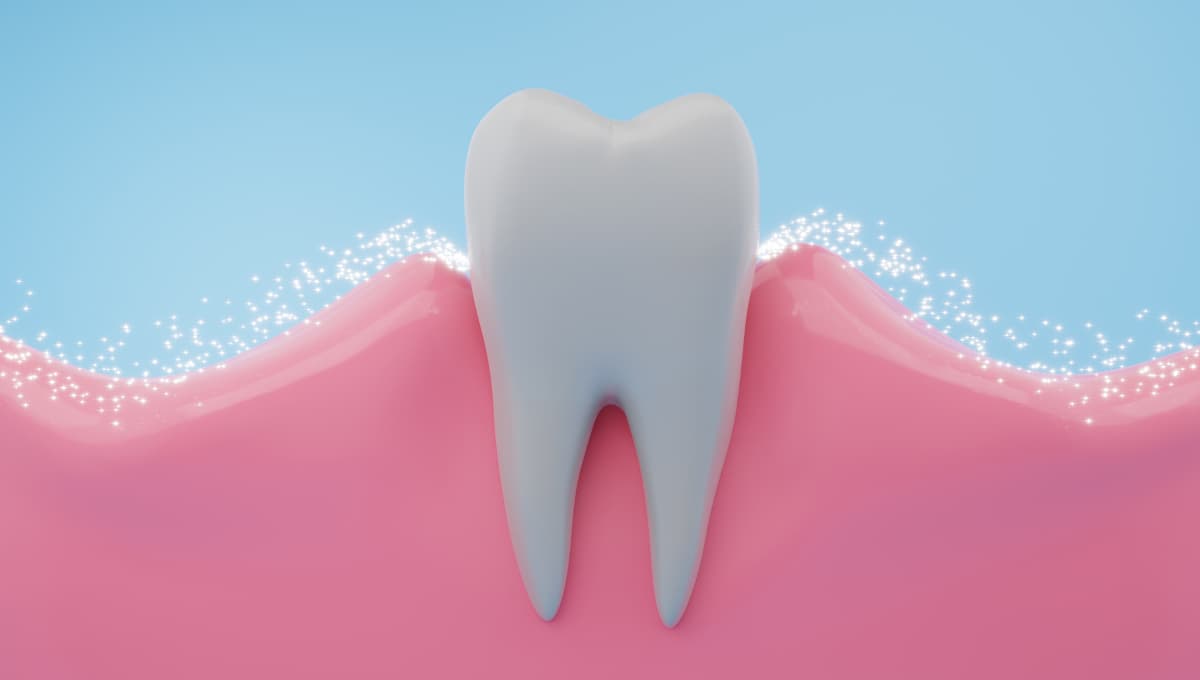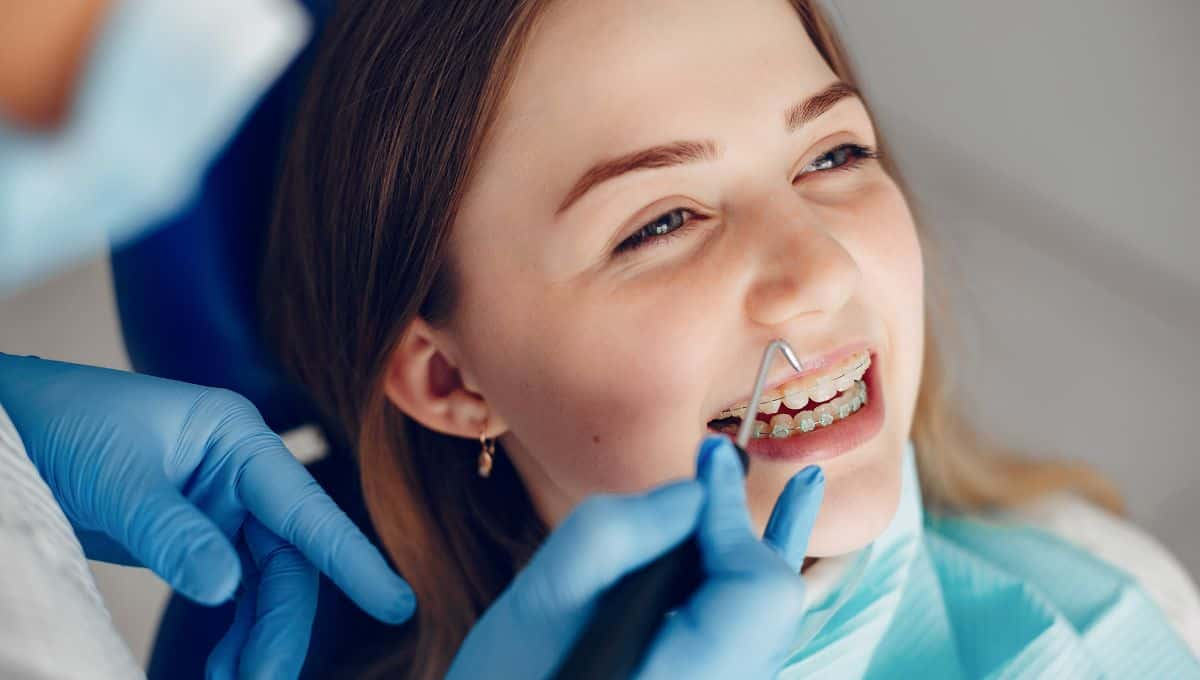5 Factors That Determine Braces Treatment Duration
The duration of braces treatment depends on several critical factors that influence tooth movement and case complexity. Let's explore the five primary factors that determine how long you'll need to wear braces to achieve your desired results.1. The Severity of Your Case
If your teeth have serious misalignment, overcrowding, or bite problems, it will take longer to correct. Severe cases require more time as the process involves gradually moving your teeth into the correct position. Patience and consistent orthodontist visits are essential for successful treatment.2. Types of Braces
 Treatment duration also depends on the type of braces you get. Traditional metal braces often require a longer time due to their ability to address complex issues with precise control. In contrast, modern invisible braces (aligners) usually take less time because they are designed for mild to moderate corrections and apply continuous, gentle pressure, leading to faster results when worn as prescribed.
Treatment duration also depends on the type of braces you get. Traditional metal braces often require a longer time due to their ability to address complex issues with precise control. In contrast, modern invisible braces (aligners) usually take less time because they are designed for mild to moderate corrections and apply continuous, gentle pressure, leading to faster results when worn as prescribed.
3. Patient’s Age
While children and teenagers frequently experience faster orthodontic treatment due to their still-developing jaws and teeth, adults typically require more time. With denser, fully-formed jawbones, tooth movement progresses at a slower pace for adult patients. If you're an adult undergoing braces treatment, it's essential to have realistic expectations – your journey to a new smile may demand an extended treatment duration compared to younger individuals.4. How Your Teeth Move
 The speed of teeth movement varies for each individual, influencing the duration of treatment. Factors such as bone density and gum health can either accelerate or decelerate the process of shifting teeth. Some people may experience faster tooth movement, while others may require more time for their teeth to gradually reposition.
The speed of teeth movement varies for each individual, influencing the duration of treatment. Factors such as bone density and gum health can either accelerate or decelerate the process of shifting teeth. Some people may experience faster tooth movement, while others may require more time for their teeth to gradually reposition.
5. Compliance with Treatment
For those with braces, it's essential to attend regular appointments with your orthodontist for refinements. However, if you have aligners, you must adhere to the recommended wear schedule. Missing appointments or not following suggested timelines and routines can unnecessarily prolong the duration of treatment.How Long Do Braces Take
On average, most patients wear braces for 18 to 24 months, but in some cases, it may extend to 36 months to achieve straightened teeth. Treatment duration varies based on individual needs and factors like the type of braces used. For example, invisible braces can show results in 6 to 9 months.How Do I Get My Braces Off Faster
If you've been wearing braces for some time or have just started treatment, you're likely curious about getting them off faster—or at least ensuring they're removed as scheduled. In this section, we will explore ways to help you achieve this goal.1. Follow Your Orthodontist’s Instructions
Adhering to your orthodontist's instructions is vital for efficient orthodontic treatment progress. Never skip scheduled appointments, as these visits allow for proper brace adjustments and monitoring. Be sure to promptly notify your orthodontist of any issues, such as loose brackets or wires, to prevent delays.2. Stay Consistent with Your Aligners (if using clear aligners)
If you opt for clear aligners treatment, consistent wear is essential. Aim to keep them in for 20-22 hours daily, only remove them during eating, brushing, and flossing. Sticking to this regimen ensures your teeth continuously track the precise movements planned for an on-schedule treatment.3. Maintain Excellent Oral Hygiene
Maintaining excellent oral hygiene habits is crucial while undergoing orthodontic treatment with braces or aligners. Brush thoroughly at least twice a day and floss once daily to prevent tooth decay, gum disease, and plaque buildup – all of which can delay treatment if left unaddressed.4. Follow Food Restrictions
 To avoid potential damage and ensure your orthodontic treatment stays on track, it's essential to follow all dietary guidelines provided by your orthodontist. Steer clear of hard, sticky, or chewy foods that can dislodge brackets, snap wires, or become trapped in your braces or aligners.
To avoid potential damage and ensure your orthodontic treatment stays on track, it's essential to follow all dietary guidelines provided by your orthodontist. Steer clear of hard, sticky, or chewy foods that can dislodge brackets, snap wires, or become trapped in your braces or aligners.
Ultimately, the time and effort invested in your orthodontic journey will improve your dental health, appearance, and self-confidence. A well-aligned smile also enhances oral hygiene and overall health. Stay committed to your treatment and look forward to the transformation once your braces come off. Start your journey today with a smile consultation and take the first step toward a confident, healthy smile.
